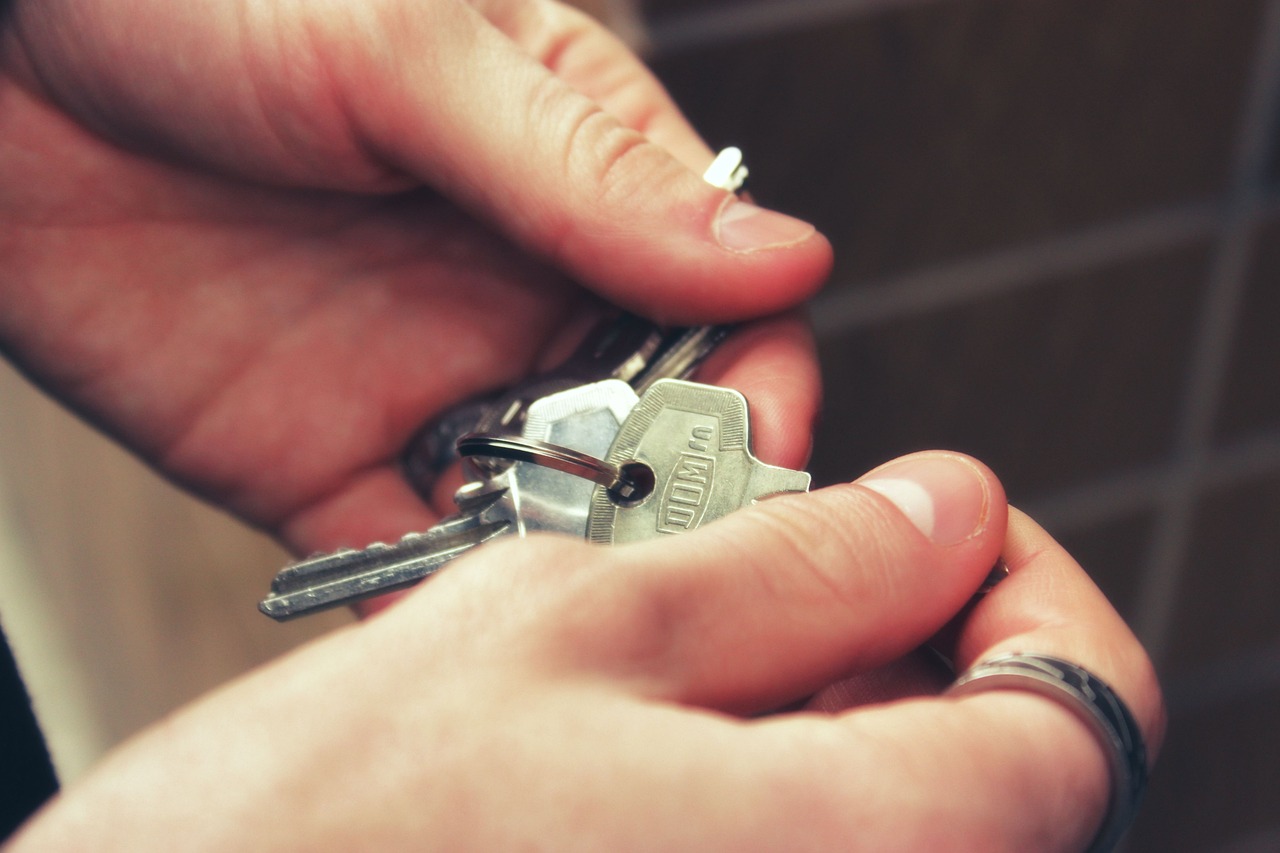The last twelve months have seen some pretty drastic changes in our economy. Gas prices are up, food prices are rising, and the increase in Sarasota area rent is becoming difficult for many to manage. What tenants pay for rent typically represents a significant portion of their total income. With rents rising, many individuals may likely face a financial crisis. Making ends meet in today’s environment is becoming increasingly more challenging. By the time bankruptcy becomes a reality, most people are struggling to make rent payments – and they may even be facing eviction. How does a bankruptcy filing affect any back rent due to their landlord?
Quick Summary Regarding Back Rent
If a tenant is in arrears on their rent, back payments may be dischargeable in personal bankruptcy – similar to credit card debt or medical bills. But there will be ramifications for this discharge. The filer must disclose the amount of past-due rent in their court documents.
Remember, if someone does not pay rent, they will be evicted. Filing bankruptcy may delay rent collection or eviction, but in some cases, eviction does proceed.
- Bankruptcy may provide an automatic stay on eviction, but the timing must be right.
- Bankruptcy must be filed before a final order of eviction. The tenant must vacate the rental property if the eviction is filed before bankruptcy.
- When an individual files for Chapter 7 bankruptcy, the trustee decides whether the lease is resumed or rejected.
- When filing for Chapter 13, the individual decides to assume or reject the lease.
Filing Bankruptcy Can Delay the Eviction Process
When deciding to file bankruptcy, there are many considerations. One of them may be that the process may halt your eviction. But it is essential to discuss your situation with a bankruptcy attorney before you are too far in arrears. If you wait too long, the eviction may be inevitable.
Chapter 7 Options: If a tenant files for Chapter 7, they can’t simply pay the landlord for the back rent. Once the filing has taken place, the bankruptcy trustee makes the financial decisions. Therefore, the trustee decides whether to reject or assume the lease. If the lease is rejected, the landlord can proceed with eviction. Should the trustee choose to allow the lease continuation, then the tenant will be given 30 days to deposit the total amount of overdue rent with the court. The individual will then make monthly payments, and the stay will remain until the process is completed.
Chapter 13 Options: If an individual’s income exceeds the approved maximum for Chapter 7 bankruptcy, a Chapter 13 reorganization bankruptcy may be possible. In this type of filing, a payment plan is established to repay debts over three to five years. A Chapter 13 bankruptcy offers more control over past-due rent than a Chapter 7.
Chapter 13 bankruptcies allow the tenant to decide whether to assume the lease, pay the back rent and keep their apartment, or reject the lease and vacate the property. If the decision is made to keep the rental, payments for back rent are included in the repayment plan. Tenants who file for Chapter 13 bankruptcy must pay new rent payments on time. If all these payments are made on time, the individual will be allowed to stay in the property. However, the landlord will ask the court to release the automatic stay and allow eviction proceedings if payments are missed.
Obviously, keeping a roof over your head is essential. If you are struggling with back rent payments and are considering bankruptcy as an option – call the law offices of Richard V. Ellis today. Don’t wait any longer to take control of your financial future.
Remember: The law is always evolving. Some facts may have changed since the writing of this article. Always consult with an experienced bankruptcy attorney regarding your situation.





